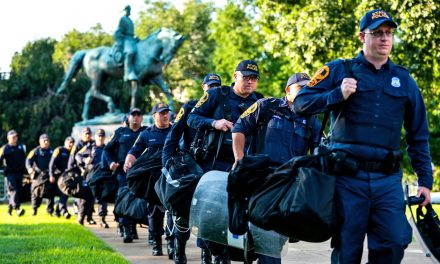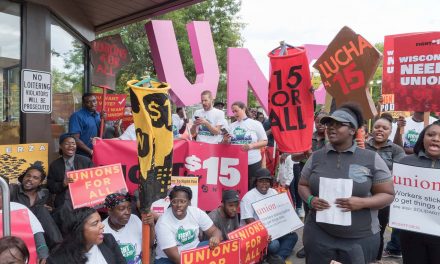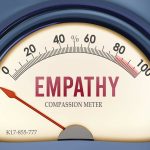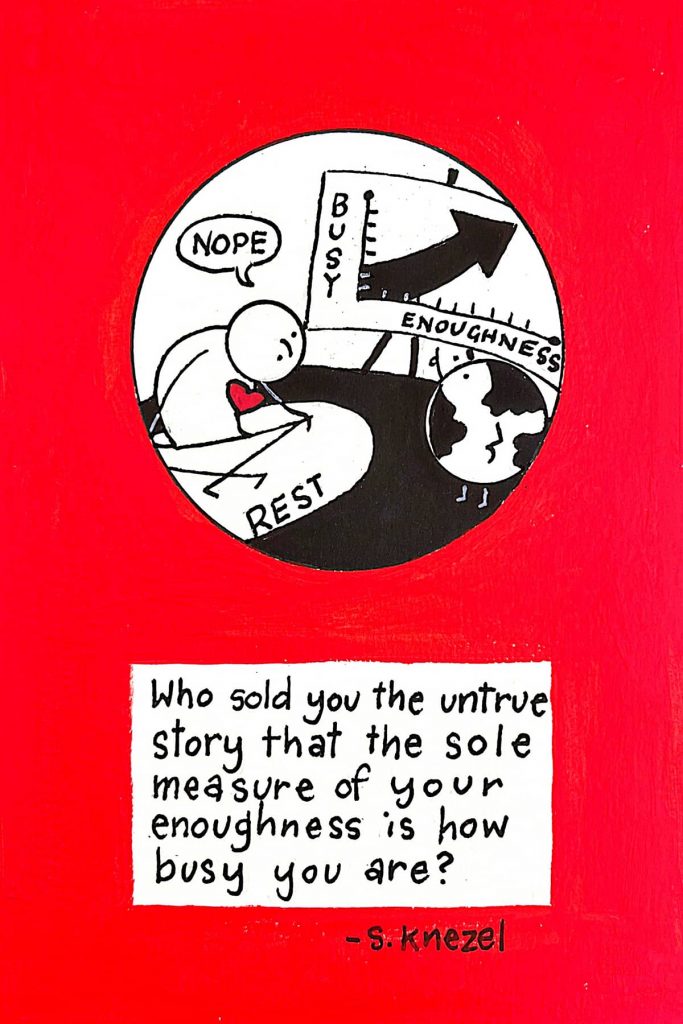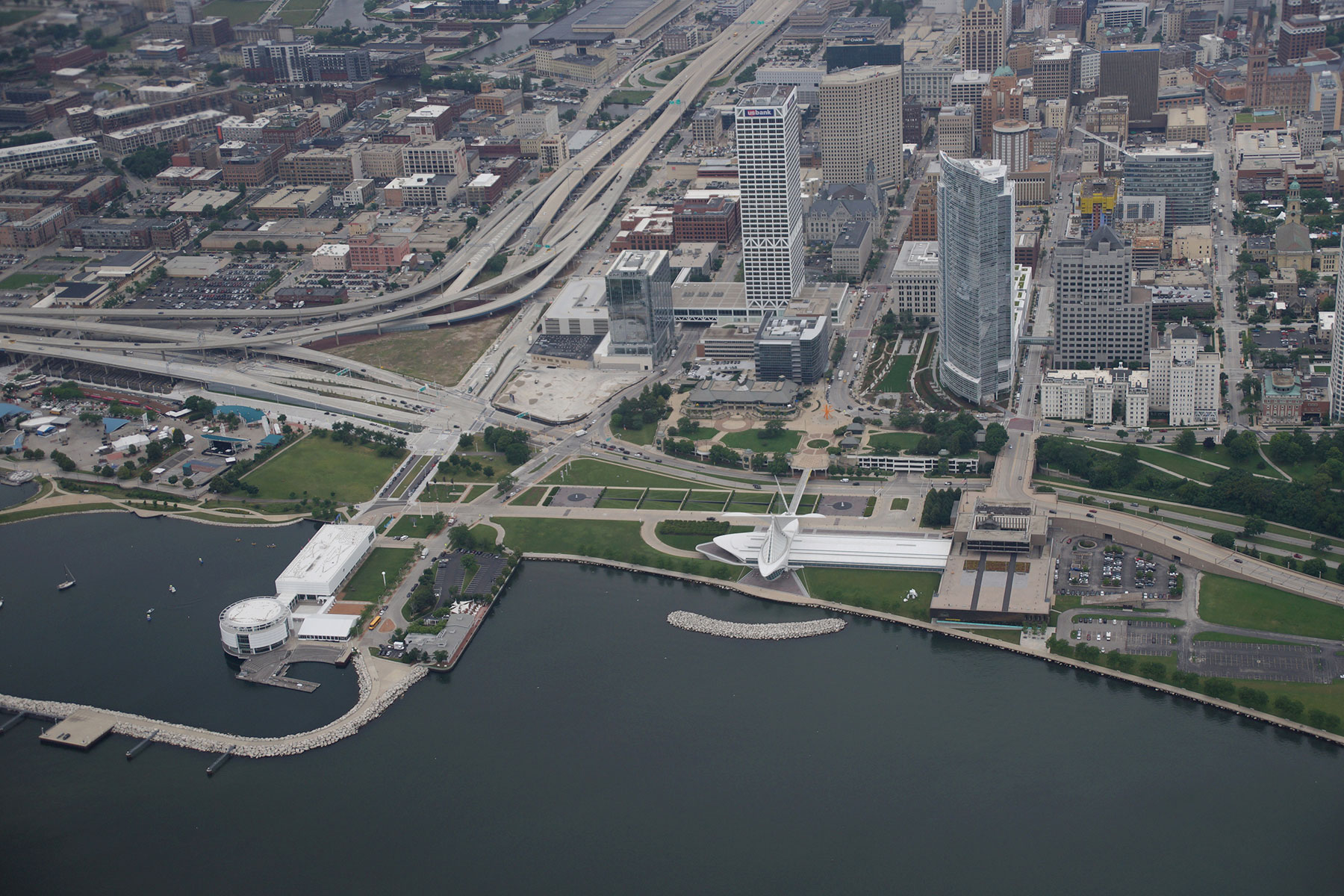
Milwaukee houses the region’s poor and enriches the pocketbooks of the region’s workers. Rather than being denigrated, Milwaukee should be celebrated for its generosity of spirit.
Milwaukee is much maligned by politicians who are not from here, by pundits who think they can make a name for themselves denigrating the city, by suburban residents who fear and do not understand the city, and sometimes by the city’s own residents.
Milwaukee is in some ways an enigma. It is a city that opens its arms and houses the vast majority of low income families from within the region and yet, it is a city that pumps out billions of dollars on an annual basis in support of the very suburban communities that turn their backs on Milwaukee’s needs, exhorting the city to solve its own problems.
Here is but one glaring example: In January of 2016, state representative Bob Gannon issued a press release stating that “Milwaukee is the anchor holding back the ship of state as far as jobs is concerned.” In this press statement released to the Wheeler Report Gannon went on to say, “The state’s economic numbers would certainly be significantly improved if only our largest city would clean up the murdеr and mayhem on their streets.”
This seems to be a “dog whistle” way of saying that the black residents of Milwaukee are holding back the economic development goals of the state, because most of the viоIеnt crіmеs in the city are black on black crіmеs.
The idea that Wisconsin ranks 33rd in the nation in job growth, has lost manufacturing jobs during the same period that the state spent more than $300 Million on tax credits for manufacturers, and has seen wages decline all because of the viоIеncе in the city of Milwaukee is scapegoating at its worst.
Gannon is not the only Wisconsin elected official to brow beat the city of Milwaukee. In fact, UW-Madison professor Katherine Cramer wrote an entire book on the Politics of Resentment in Wisconsin, documenting the fear and distrust small town and rural populations feel towards their big city counter parts and how unscrupulous politicians exploit those fears in order to advance their own careers.
Milwaukee is a wonderful city, and it is not without its problems. However, many of the problems of Milwaukee are rooted in the sins of the region. The sins of racism and discrimination have packed 72% of the four-county region’s poor into the city of Milwaukee, while the sins of fear and greed have created structural barriers, stunting the progress and economic growth of entire populations of color.
Even with those barriers, that have been deliberately erected and which have been in place for generations, the City of Milwaukee not only thrives, it feeds the economy of the region and the state. If we look at commuting trends across the region we find that 50% of Washington and Ozaukee county workers commute out of the county for work, with 38% of Waukesha County residents do the same. Where do they go? The likely answer is Milwaukee. This is no surprise because Milwaukee produces nearly 2,000 jobs per square mile while Washington County has 113 jobs and Waukesha County has less than 400 jobs per square mile.
The most telling data comes from the United States Department of Commerce, Bureau of Economic Analysis. Milwaukee jobs subsidize the incomes and lifestyles of the surrounding communities, to the amount of nearly $7 billion annually. That is money leaving Milwaukee and going back to those counties whose employees commute to work. This is money used to support the housing, schools, and amenities of suburban communities. This is money used to fund the retirement and health care of an aging suburban population.
In many ways, Milwaukee embodies the gospel call to treat others as we would like to be treated. Milwaukee houses the region’s poor and enriches the pocketbooks of the region’s workers. Rather than being denigrated, Milwaukee should be celebrated for its generosity of spirit.
Michael Soika
Michael Soika has been a community activist for more than 30 years working on issues of social and economic justice. His work for justice is anchored by his spiritual formation first as a Catholic and now as a Quaker.
Originally published on imua-grace.com as Much Maligned Milwaukee


